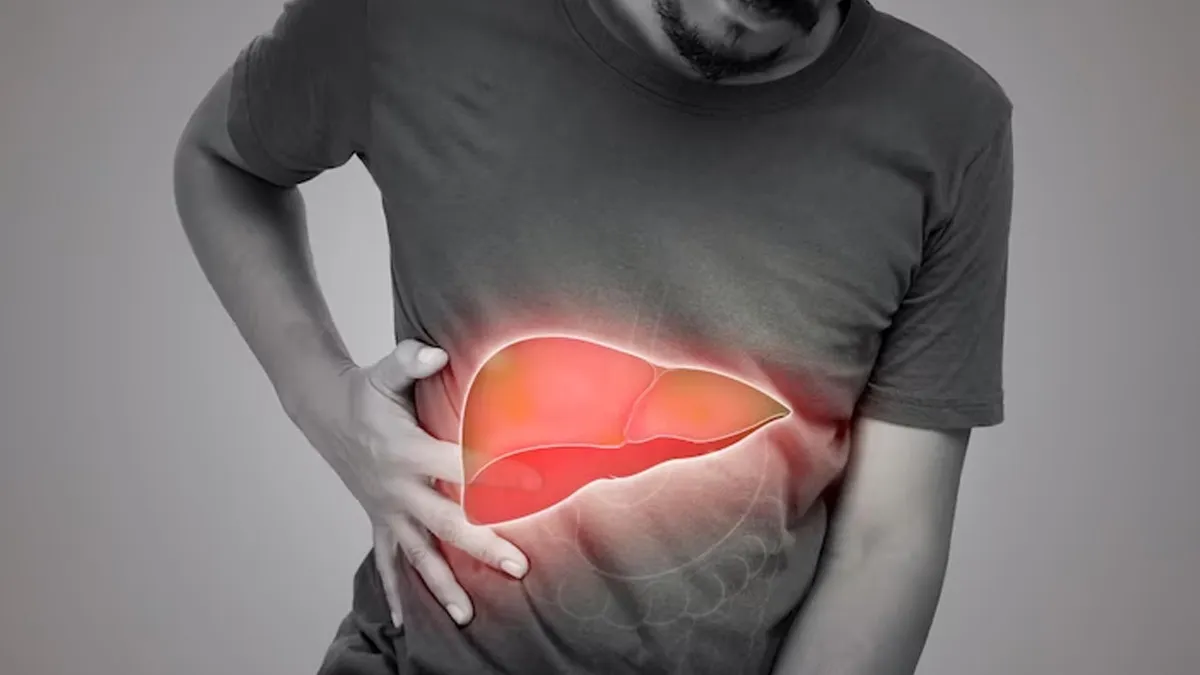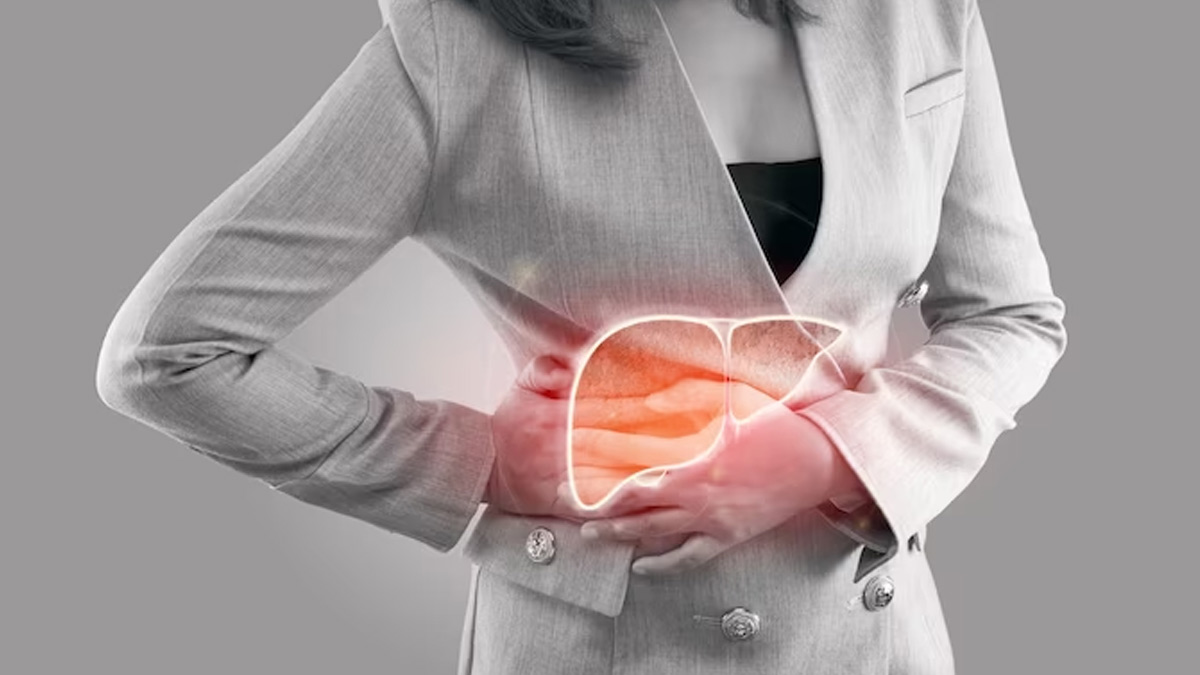
Our liver toils away behind the scenes, carrying out hundreds of essential functions to keep us healthy. From removing toxins to making vital proteins, it's a real powerhouse. But like any machine, the liver can experience issues, and often, these issues creep up quietly. That's why it's important to know the early warning signs – detecting liver disease in its early stages can make a difference.
Table of Content:-
We interviewed Dr Shrey Kumar Srivastav, Senior Consultant and General Physician at Sharda Hospital in Noida, who explained the fine hints our body may be giving us when the liver is under distress.
"The liver is very resilient, and many times, individuals do not feel anything until the damage is quite extensive," says Dr Srivastav. "But there are early signs that should not be overlooked. If one pays attention to these small changes, it can result in early diagnosis and treatment."
Warning Signs of Liver Disease Before It's Too Late
So, what are these early whispers of an ailing liver? Dr Srivastav points out some important signs:
1. Chronic Fatigue
Being persistently tired all the time, despite good rest, can be an early warning sign. If the liver is not performing well, toxins will tend to accumulate in the body, creating a feeling of being drained of energy.

Also Read: Healthy Beverage: Here's What Happens If You Consume Cardamom Water Daily
2. Skin and Eye Changes
Watch for a yellowish colour to your skin or the whites of your eyes. This is called jaundice, which happens when bilirubin, a yellow pigment, accumulates in the blood because the liver cannot metabolise it effectively.
3. Abdominal Pain
Initial liver problems may present as a dull pain or discomfort in the upper right quadrant of your abdomen, where the liver is positioned. You may also feel a sense of fullness or bloating.
4. Swelling of Legs and Ankles
As liver disease advances, it can disrupt fluid balance in the body, causing swelling, especially in the legs and ankles.
5. Urine and Stool Changes
Dark urine and clay-colored or pale stools may mean that the liver is not making bile properly.
6. Itchy Skin
Itching, even in the absence of a rash, can occasionally be a sign of liver disease. This is because bile salts build up under the skin.

Also Read: Raynaud's Disease: Follow These Tips to Manage Pain and Prevent Flare-Ups
7. Nausea and Loss of Appetite
Constant nausea or loss of appetite is also an early sign that the liver is not functioning normally.
Dr Srivastav stresses that having one or two of these symptoms doesn't mean you have liver disease. "Some of these signs can be linked to other illnesses," he explains. "But if you have these symptoms, particularly if they're persistent, or if you have more than one symptom, it's important to see a physician for proper assessment."
Who is at Higher Risk?
Although anyone can get liver disease, some factors raise the risk. Dr Srivastav cites some of the most important risk factors:
Excessive Use of Alcohol: Heavy alcohol use over a long period is a leading cause of liver damage.
Obesity: Non-alcoholic fatty liver disease (NAFLD) is becoming more prevalent in overweight and obese individuals.
Diabetes: Diabetics are more likely to develop NAFLD.
Hepatitis B and C Infections: These viral infections may lead to chronic liver inflammation and injury.
Family History of Liver Disease: Hereditary factors may contribute to some liver diseases.
The Role of Early Detection
"Early detection is the key to effectively managing liver disease and avoiding dangerous complications such as cirrhosis (liver scarring) and liver failure," emphasises Dr Srivastav. "Basic blood tests can be used to evaluate liver function, and imaging studies such as ultrasound can offer a visual evaluation of the liver."
Bottomline
Your liver is an essential organ, and being aware of the subtle warning signs of trouble can save your life. By knowing these delicate hints and living a liver-friendly lifestyle, you can take preventive measures to safeguard your well-being. If you have some doubts, don't delay in consulting medical professionals. Early treatment can significantly impact the future health of your liver.
Also watch this video
How we keep this article up to date:
We work with experts and keep a close eye on the latest in health and wellness. Whenever there is a new research or helpful information, we update our articles with accurate and useful advice.
Current Version